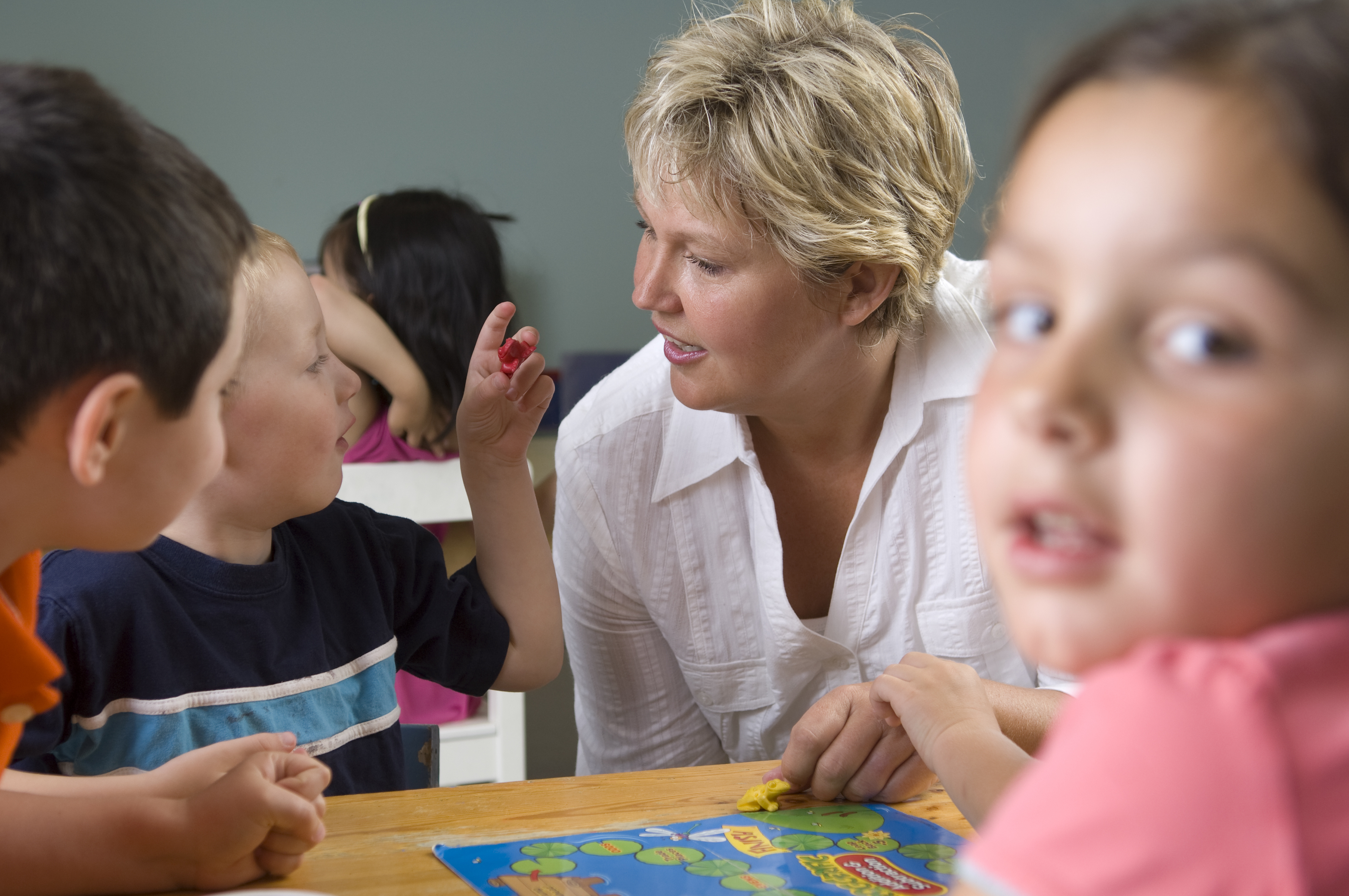
Board games are a holistic learning and play experience for children. Sometimes overlooked in early childhood settings as outdated or old-fashioned, board games have so much to offer and deserve to be included when you are programming for an individual child or group of children.
There are so may skills and concepts that children learn from board games. You don't even need to choose games that are designed to be academic for learning to occur during this type of play.
During board games, children learn:
There are many social and emotional skills and benefits that come out of playing board games too. Think about how these games relate to:

For board games to be beneficial in the early years, adult interaction, guidance and reinforcement are needed.
Children have an innate competitiveness and take winning seriously so educators need to help them to balance the pleasure of playing with their limited ability to cope with frustration and realisation of losing.
Educators should be guided by the age of the children, their knowledge of the group dynamics, the children's interests and the maturation level of the child or children.
When playing board games, the ways that educator's may support children include:
Instead of automatically defaulting to purchasing board games, you could make your own board games with the children. Making your own board games offers further opportunities for learning and creativity, is a sustainable option using resources you already have and is friendly for your service’s budget.
Here's some resources to get you started with making your own games:

Source: handswonaswegrow.com
When thinking about board games, you could:
Comment and let us know your favourite board game or tip for using board games with young children.
If you and your team would like to learn more on related topics related to this article, you could consider:
This blog was inspired and adapted with permission from an article by Rhonda Ross at Customised Training - thank you!